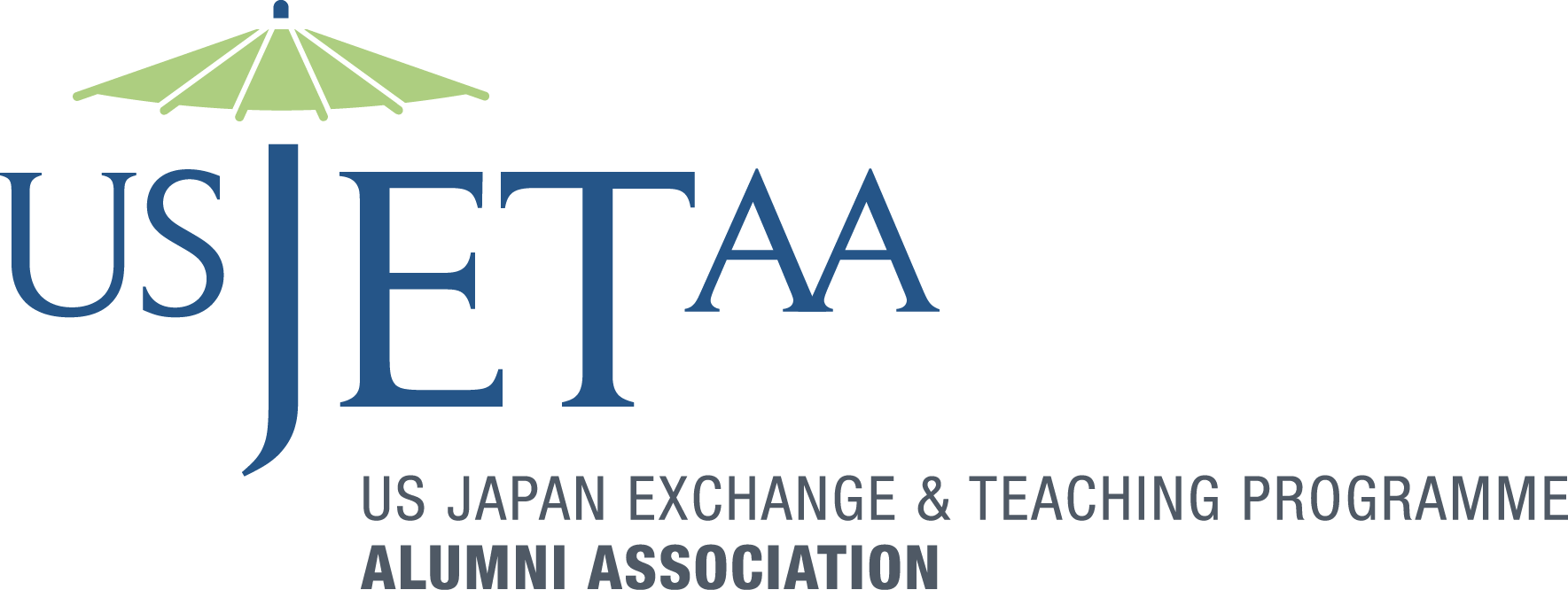Shingu City has been looking to its sister city relationship with Santa Cruz, California for new ideas on how to tackle the challenge of rural population decline.
There are thousands of sister city relationships across the United States, but few are as strong as the 45-year connection between Santa Cruz, California and Shingu, Wakayama. With bi-annual exchange delegations between the two cities, countless groups of students, business professionals, and city employees (including even the mayor) have crossed the Pacific Ocean in seek of broader cultural horizons. Having lived in Shingu and grown up in Santa Cruz myself, I can personally attest to how the cities have influenced one another. Many of my high school classmates traveled to Shingu and hosted Japanese exchange students in their homes. As an English teacher in Shingu on the JET Program, I found that many of my students had been to Santa Cruz, and dozens of community members had made the journey as well.
Shingu is beginning to leverage this relationship to find new ways to stimulate their economy. Fortunately, Santa Cruz has consistently been noted as a top city for entrepreneurship. In 2018, it was rated by USA Today as the fifth most innovative city in the United States. As such, business delegations from Shingu to Santa Cruz are popular, as local and potential business owners come to Santa Cruz to visit its most successful and creative startups.
“The relationship between Shingu and Santa Cruz is the hope of Shingu's future,” stated Tetsuji Namikawa, Shingu business owner and former Shingu City council member. “Shingu City can imitate Santa Cruz in areas such as education, ICT, and tourism. Some people who went to Santa Cruz when they were students ended up starting their own businesses [in Shingu] and became committed to our local community.”
Santa Cruz’s deep commitment to the Think Local First movement has particularly influenced the people of Shingu’s sense of loyalty to their own hometown. Masaaki Inoki, a business delegate from Shingu, emphasized that this movement has directly changed the city’s young people, saying that they “have been inspired to play an active role in Shingu, and many are now staying and working here. It is a great leap forward for Shingu, where the population decline is remarkable, and could not have been produced without the sister city relationship.”
However, incentivizing young people to remain in Shingu isn’t the city’s only goal. Recently, the Shingu Sister City Committee has been working to further interactions between Santa Cruz and Shingu businesses. The committee launched its first international business internship in Santa Cruz in January, 2019 as a first step. As a committee member, I received a US State Department grant to help develop this project. We provided an aspiring Shingu entrepreneur with the opportunity to intern with Santa Cruz businesses that matched their interests for four months. The selected recipient was Moeko Iwamoto, whose dream it is to open a guesthouse in Shingu. Of the experience, she said “I learned how to be more open-minded toward people, and how to be eco-friendly. The ideas from Santa Cruz help Shingu to be a more global city.”
As rural Japan progresses toward an uncertain future, Shingu City demonstrates that it doesn’t have to solve its economic problems in isolation. By reaching out to their US connections, Shingu residents are finding new perspectives on how to keep their community alive. Looking at the broader picture, head of the Santa Cruz Sister City Committee Gayle McCallum explains that “the most significant impact seems to be the real and continuing friendship and regard that the citizens of both countries seem to have with and for one another.” Perhaps it is this spirit of togetherness that will allow Shingu City not only to survive, but to prosper as we transform into a more globalized world.
Giuliana Alfinito grew up in Santa Cruz, California, and was an Assistant Language Teacher on the JET Program from 2017 to 2018 in her hometown’s sister city: Shingu, in Wakayama Prefecture. She still volunteers for both the Shingu and the Santa Cruz Sister City Committees, even though she currently resides in Massachusetts.
This article is part of a guest-contributor partnership between the East-West Center in Washington and the United States Japan Exchange & Teaching Programme Alumni Association (USJETAA) in which former JET participants contribute articles relating to their experiences in Japan.
The USJETAA is a 501(c)(3) nonprofit educational and cultural organization that promotes grassroots friendship and understanding between the United States and Japan through the personal and professional experiences of over 30,000 Americans who have participated on the JET Programme since its inception in 1987. USJETAA serves as a resource for individual JET alumni, JETAA chapters nationwide, and potential JET participants; supports the leadership of JETAA chapters with programming, membership recruitment, chapter management, leadership, professional development, and fundraising; and, supports the JET Program(me) and engages with the U.S.-Japan community.
